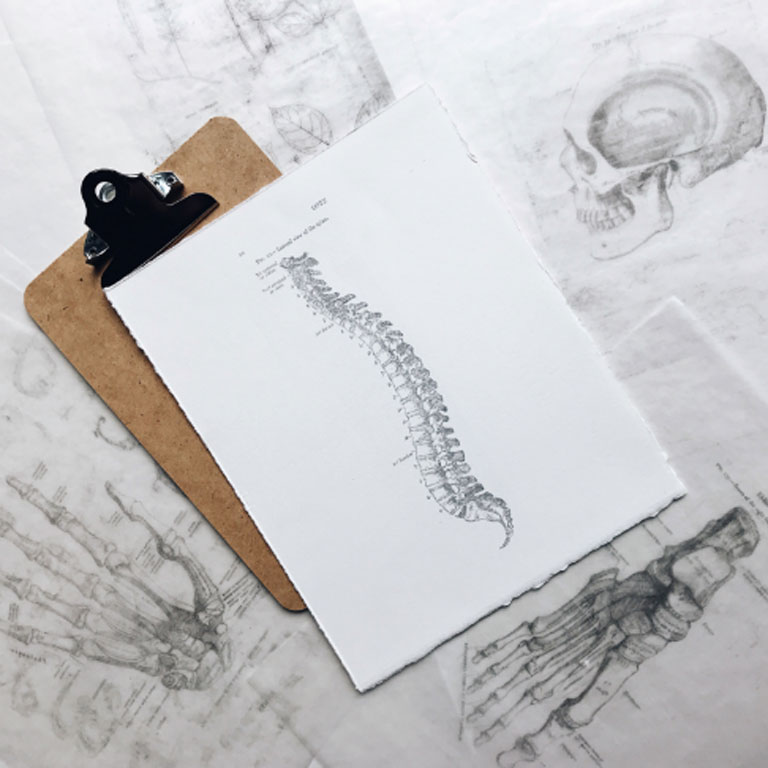
Michael Buyze
MS, L.Ac., Dipl.Ac.
We Are On a mission
Mike and the team at East Wind Healthcare are committed to walking alongside patients facing chronic health conditions to help them find the right treatment plan for their individual health challenges. We integrate state-of-the-art healthcare innovations with the wisdom of ancient Chinese medicine to craft personalized functional medicine solutions for each of our patients. We believe that a holistic approach is the key to better health and a happier life.
Our team is based out of northeastern Wisconsin, with three office locations and counting. We are on a mission to help our patients overcome challenges like infertility, chronic pain, autoimmunity, and other conditions holding them back from the life they deserve. Schedule an appointment today to learn how we can do the same for you.
Schedule a Discovery Consultation
Call Us Today

Appleton, WI
3000 North Ballard Road #3
Appleton, WI 54911

Fond du Lac, WI
180 Knights Way
Fond du Lac, WI 54935

Oshkosh, WI
404 North Main Street
Suite 201
Oshkosh, WI 54901
Get Real Answers

Functional Medicine
East Wind takes a uniquely holistic, patient-centric approach to healing chronic diseases in the northeastern Wisconsin area. Rather than a limited focus on physical symptoms, our healthcare team addresses patient health from all sides to find the root causes of the issue. With comprehensive analyses of digestive health, nutritional habits, and hormone levels, we work with patients to craft the most effective treatment plan to help restore a healthy body and lifestyle. Our integrated wellness solutions and all-natural procedures specifically target gut health imbalances, irritable bowel syndrome, and autoimmunity.
Functional medicine brings patients into the decision-making process, empowering them to take their health into their own hands and make the best choices possible. By pairing western healthcare technology with traditional Chinese medicine, East Wind offers a variety of services to meet your needs. We believe that patient-led care is the critical, yet commonly overlooked, factor in the formula for a long and healthy life.

Infertility and Reproductive Health
East Wind helps local northeastern Wisconsin patients and their families navigate the difficult road of infertility with holistic treatments designed to boost reproductive health and balance hormone levels. We strive to help each patient restore fertility without costly or invasive methods. Our team begins with a comprehensive panel of tests to evaluate how each hormonal and lifestyle factor is impacting the ability to conceive. With this information in hand, we build a multifaceted treatment plan aimed at the ultimate goal: of conception, a healthy, full-term pregnancy and a healthy baby.
Oftentimes, there are underlying issues impacting a patient’s ability to become pregnant. At East Wind, we pay specific attention to signposts of polycystic ovarian syndrome (PCOS), endometriosis, and thyroid imbalance. Each of these conditions are known to contribute to infertility, and our all-natural methods integrated with appropriate medical care have had tremendous success resolving these problems and improving fertility.

Chronic Pain
The East Wind healthcare team delivers the most effective holistic solutions for patients suffering from chronic pain in the northeastern Wisconsin area. We specifically aim to relieve the debilitating pain of low back, neck, headaches and migraines, arthritis, and neuropathy. With targeted acupuncture and ancient Chinese healing methods, we restore blood flow and nutritive support to the inflamed and painful tissues resulting in relief.
A key component of relieving pain is minimizing systemic inflammation. Western medicine typically does not recognize the role of inflammation in chronic pain and when it does it addresses the inflammation with medications that cause side effects, further complicating the situation. As a result, countless patients continue to experience debilitating pain after invasive and expensive procedures. In order to fully heal the injured tissue, the surrounding structures must be in optimal condition in order to help sustain tissue repair.
Discover a Treatment Plan That Works
East Wind is here to help you live a healthier life with integrated wellness solutions and personalized health coaching.
A Selection of Our Services and Specialties
Natural Fertility Treatment
Infertility is a highly sensitive issue impacting women and men alike. We create personalized treatment plans that address the underlying causes preventing pregnancy.
Thyroid Treatment
Thyroid imbalances are responsible for a host of health conditions. We use both traditional and modern techniques to help restore normal levels for optimal health.
Acupuncture
This ancient practice has been used for centuries to bring body systems back into realignment and help patients recover from painful conditions.
Weight Loss
Losing weight is no easy task. Our team can help you strategize the best nutrition plans and all-natural treatments to help you reach your target weight.
Arthritis & Degenerative Joints
We provide highly effective, time-tested treatments to accelerate healing times and promote long-term health in all of your joints.
Chronic Pain
Turn to a team of experts that understands how to relieve your pain without pharmaceuticals or surgical procedures. Chronic pain may be complex, but the best treatment is often simple.
A New Approach to Functional Medicine
See What Our Patients Are Saying
Your New Life Starts Now
Book your Discovery Consultation!
Book your appointment - call us at (920) 997-0511

Appleton, WI
3000 North Ballard Road #3
Appleton, WI 54911

Fond du Lac, WI
180 Knights Way
Fond du Lac, WI 54935
(Inside Forum Health)

Oshkosh, WI
404 North Main Street
Suite 201
Oshkosh, WI 54901
Ready to Take Charge of Your Health?
Contact our team today to learn how we can help you get your life back and achieve your health goals.